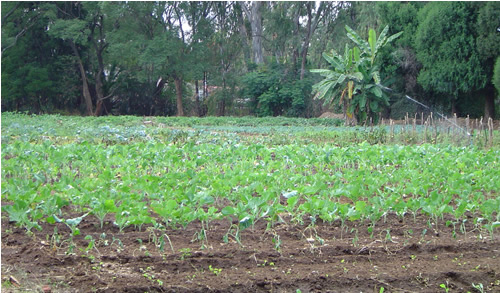Usually when the word ‘developed’ is mentioned, the first thing that comes to mind is money, since surely you cannot develop without money, and therefore the logical assumption is that development results in money and therefore can be measured in it.
However, this is not always true, as in the case of Kerala.
Kerala is a small province in Southern India and is very poor with people living on between $298 and $350 a year. This is about one seventeenth of the income in the United States, and yet, demographically, Kerala is almost at the same level as the USA. A study was done to compare the 2 and it was discovered that:
- Kerala male life expectancy is about 70 years while the USA is about 72
- Kerala’s birth rate is about 18 per 1000 (and dropping) while the USA is about 16 per 1000
- And, possibly most shocking (or logical) is Kerala has 100% literacy!
This indicates that on one seventeenth of the money Kerala can achieve almost the same development as the USA (if development is not measured in money). Which brings to question why such a small place can do so much on such little money.
The answer can be found in education. Kerala had a huge drive in the late 1980s on education, which resulted in their 100% literacy. What was particularly focused on was female literacy. The idea was that if a woman is educated, she is far more likely to share her education with her children than a man. Therefore more people can benefit from one woman being educated rather than one man being educated. Although this did not improve the unemployment rate (which is still very high), it did create emancipation, which then trickled into other areas. With female emancipation, the birth rate dropped, aiding the problem of overpopulation and also reducing pressure on family incomes.
Kerala seems to be a huge success in terms of human development. Whether this is just a boom after a big push or a genuine, sustainable change in the people’s lives cannot be determined yet as it is still too recent. However, it can be said that not all development is reliant on money, and maybe other provinces in India and even other countries can learn from Kerala and its successes.











